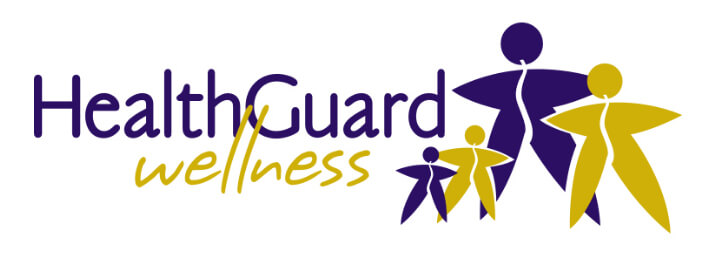This controversial topic pops up in our media from time to time. It has again made headlines recently, so I thought it might be time to address the topic and shed some light on the situation.
The nutritional and herbal supplement industry is booming. And it is a minefield. There is a large amount of information and misinformation about supplements which, in combination with Dr. Google, can result in confusion for most people.
To supplement or not to supplement? Should I take B vitamins for energy? Do I take a protein powder after my work out? How much magnesium should I take? And do supplements really work? Are they beneficial for my health?
Consider these few points when weighing up the benefits of a supplement.
Quality
The quality of the supplement is a key consideration. Nutrients come in different forms. The form of a nutrient will impact how well that nutrient is absorbed, and the dosage required for clinical efficacy.
A good example of this is Magnesium. It comes in a number of different forms such as magnesium citrate, magnesium oxide and magnesium glycinate to name a few. Magnesium oxide absorption is not great and higher doses can cause very loose bowels, however it is an inexpensive form of magnesium (you’ll find this form in most of your supermarket brands). Magnesium citrate is a little more expensive, however, it has a much better bioavailability (the ability for the substance to enter circulation and have an effect), but higher doses can still have an effect on some people in terms of loose bowel motions. Magnesium glycinate is again better absorbed than magnesium oxide and is much gentler on the tummy.
Another aspect to consider is the way the product is manufactured. Nutritional supplements in Australia need to be approved by the Therapeutic Goods Association (TGA) to be marketed as a supplement and are subject to rigorous goods and manufacturing procedures. An AUSTL number can be found on supplements approved by the TGA.
What do you require?
Nutritional requirements will be different for each and every one of us and they will continue to vary as you age. There are also other factors that determine nutritional needs and impact our nutritional status. Pregnant and breastfeeding women will have a greater need for specific nutrients. Vegans and vegetarian diets can be low in certain nutrients. Gastrointestinal diseases can impact nutrient absorption across the intestinal membranes.
Dosage
How much you take of a supplement can have a significant impact on how effective and safe it is. Let us talk safety first! Some nutrients (e.g. iron) can be toxic at high doses, so exceeding the prescribed dose or taking a supplement without blood tests can be harmful. In most cases, taking a higher dose of a nutrient will in fact reduce the amount absorbed – so more is not always better.
When are you taking the supplement?
Some nutrients are better absorbed when taken with a meal, while others require an empty stomach for optimal uptake. The tannins in coffee and tea can bind to nutrients, particularly minerals, and can reduce uptake. Some nutrients use the same channels for absorption, so taking them all at the same time may limit absorption. For example, calcium can block the absorption of iron, so take these two separately.
Feeling overwhelmed?
That’s okay – because there are Naturopaths and Nutritionists who study a 4 year university degree to cover these bases! Seeking advice can be a valuable tool in identifying your unique nutritional needs and confirming what supplements are going to work best for you. Don’t get caught wasting your money on pointless, poor quality supplements, or it’s likely to end up as very expensive urine!

Taylah Teschner – Naturopath & Nutritionist
Get to know Taylah: 
“Through the use of evidence-based medicines derived from nature and implementation of healthy lifestyle practices, we are able to support the body’s own innate ability to heal itself. This leads to more sustainable and long-term health outcomes.”
Taylah’s passions are natural health, family, good food and her dog Ruby!
